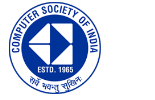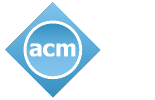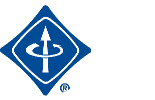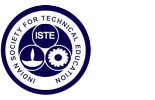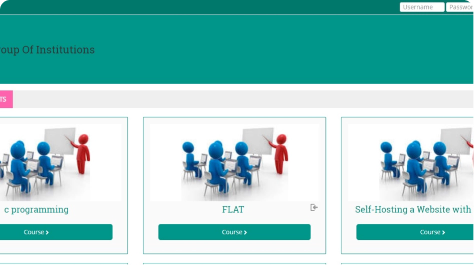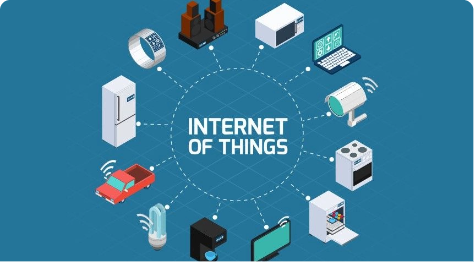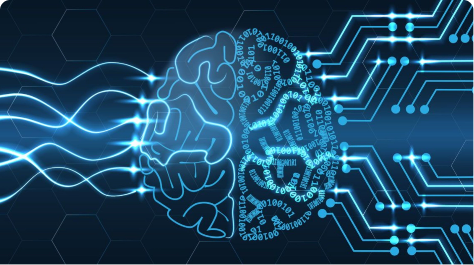Menu
Teaching and Learning Pedagogies (TLP)
Use of Various instructional methods and pedagogical initiatives:
Pedagogies play an important role in delivering of content and it varies with the audience. Course allocation is made based on the choice/ expertise of the faculty members one month before the commencement of semester. Once the courses are allocated, the faculty meeting is held course wise and discuss about the content to be delivered and decides assignments questions for a particular course. Course handout and materials are prepared keeping in mind the lesson plan and course outcomes. Faculty members use various pedagogical methods for effective teaching learning process. A well-defined process for course at the department level.
Problem or Project Based Learning
Foss
About the Project
The Spoken Tutorial project is the initiative of the ‘Talk to a Teacher’ activity of the National Mission on Education through Information and Communication Technology (ICT), launched by the Ministry of Human Resources and Development, Government of India. The use of spoken tutorials to popularize software development and its use will be coordinated through this website. (The Spoken Tutorial project is being developed by IIT Bombay for MHRD, Government of India).
Program to Various Technologies we offer
| S.No | Name Of FOSS | Applications |
|---|---|---|
| 1 | Linux ( Ubuntu) | Free Operating System, Almost Neutral To Virus Attacks And No Hassles For Licensing Issues. |
| 2 | C And C++ | Powerful Features, Simple Syntax, And Portability Make C A Preferred Language Among Programmers, For Business And Industrial Applications. Widely Used In The Development Of Operating Systems. |
| 3 | Java | Free And Open Source, High Level, Simple As Well As Object-Oriented Programming Language |
| 4 | PHP & MySQL | Package For Developing Interactive Websites And Establishing Back-End Connectivity With A Database – Famous Websites Using PHP Include Facebook, Google, And Wikipedia |
Program to Various Technologies we offer
| Batch/Technology | Linux-Ubuntu | C Programming | Java | PHP & MySQL |
|---|---|---|---|---|
| 2010-2014 | 75 | _ | 55 | 68 |
| 2011-2015 | 86 | _ | 79 | 118 |
| 2012-2016 | 75 | 159 | 55 | 68 |
| 2013-2017 | 75 | 191 | 55 | 68 |
| 2014-2018 | 75 | 220 | 55 | 68 |
| 2015-2019 | 75 | _ | 55 | 68 |
| 2016-2020 | 75 | _ | 55 | 68 |
| 2017-2021 | 75 | _ | 55 | 68 |
| 2018-2022 | 75 | _ | 55 | 68 |
| No. Of Certifications | 1334 | 1394 | 1004 | 857 |
Professional Chapters
“Professional chapters” provide a venue for members to interact on a local level and network, mentor, and advance the organization’s mission. Chapter participation provides a unique combination of social interaction and professional dialogue among peers, in their own geographic area. Chapter members’ backgrounds represent all facets of computing, from academia, research, business, and industry; it will invariably focus on the kind of information and insight that cannot easily be gathered in any other way. Chapters Connect Computing Professionals Worldwide.
Technical Clubs
“Technical Clubs” fulfil the thirst of the corporate by updating the students’ knowledge on recent trends and technologies. Technical Clubs are the stepping-stones, which help students to get the required technical job by updating their knowledge. It acts as a bridge between the employer and employee and also it helps in getting the job as per employer’s requirements. Updated technical knowledge is the most important selection criterion, which is taken into consideration by various companies while fulfilling their recruiting requirements. Being good at technical skills can take a student to the peak of his / her career.
Events
Overall Activities under various Professional Chapters
| Academic Year | Professional Chapters | |||
| CSI | IEEE | ACM | ISTE | |
| 2021-22 | 3 | 0 | 1 | 0 |
| 2020-21 | 4 | 2 | 1 | 1 |
Activities under CSI Student chapter
| 2020-21 | ||
|---|---|---|
| DATE | TOPIC | PARTICIPANTS |
| 17/02/2021 | Go code | Internal Faculty |
| 21/12/2020 | Big Data Applications and Use cases | 76 students are attended |
| 13/02/2020 | Hands on machine learning – Regression | 68 students participated |
| 2020-21 | ||
|---|---|---|
| DATE | TOPIC | PARTICIPANTS |
| 18/04/2021 | Data Hack Hours | 3 |
| 03/06/2021 | Adobe UX Design Certification | 2 |
| 21/06/2021 | CSI Orientation | 1 |
NSS. NCC and Sahaya
NSS (National Service Scheme)
CVSR Sahaya was started in the year 2009 by the students of CSE, under the guidance of Dr. G. Vishnu Murthy, HOD of CSE. It started with an aim to provide support to the under privileged and needy of the society as a whole and with a more concentration on such people in the surroundings of the college campus.
Launch of NSS
In May 1969, a conference of student representative (of universities and institutions of higher education) convened by the ministry of Education and the University Grants Commission also unanimously agreed that a national-service scheme could be an instrument for national integration. The details were soon worked out and the planning commission sanctioned an outlay of ₹5 crores for the NSS during the Fourth Five-Year Plan, stipulating that the NSS be a pilot project in select institutions and universities. On 24 September 1969, the then Union Education Minister V.K.R.V.Rao launched the NSS at 37 universities in all states. The scheme has been extended to all states and universities in the country, and also +2 level institutes in many states.
Motto of NSS "Not me but you"
The programme aims to inculcate social welfare in students, and to provide service to society without bias.NSS volunteers work to ensure that everyone who is needy gets helps to enhance their standard of living and lead a life of dignity.in doing so, volunteers learn from people in villages how to lead a good life despite a scarcity of resources. It also provides help in natural and man-made disasters by providing food, clothing and first aid to the disaster victims.
Objective Of NSS
- To enable the students to understand the community in which they work
- To understand themselves in relation to their community
- To develop among themselves a sense of social and civic responsibility
- To utilize their knowledge in finding practical solutions to individual and community problems
- To develop competence required for group-living and sharing of responsibilities
- Gain skills in mobilizing community participation
- To acquire leadership qualities and democratic attitudes
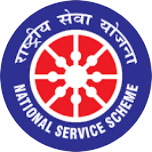
The symbol for the NSS has been based on the gaintRath Wheel of the world-famous Konark Sun Temple (The black Pagoda ) situated in Odisha , India. The wheel portraya the cycle of creation, preservation and release. It signifies the movement in the life across time and space, the symbol thus stands for continuity as well as change and implies the continuous striving of NSS for social changes. The eight bars in the wheels represents 24 hours of a day. The red color indicates that the volunteers is full of young blood that is lively, active, energetic and full of high spirit. The navy blue color indicates the cosmos of which the NSS is tiny part, ready to contribute its share for the welfare of the mankind.

